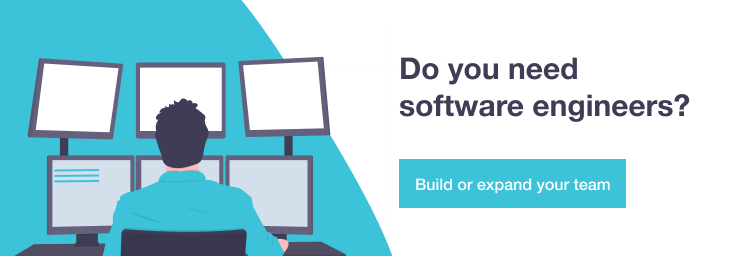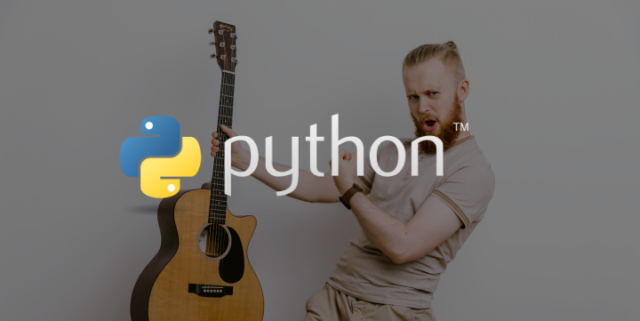
Artificial Intelligence is the buzzword in the world right now. Since its invention, the usage of AI in the Manufacturing Industry has increased manifold. The incorporation of AI in every possible field has been the target of modern science. Artificial Intelligence makes our work easier, faster, and most importantly, with zero errors. When AI is adequately trained, it can deliver flawless tasks.
One of the fields of work, where flawlessness is necessary, is the manufacturing industry. AI has an untapped potential here. Manufacturers tend to struggle with a high demand for products. There is often pressure among the workers to do their best in the shortest time possible. This scenario can be changed using AI.
What are the problems in the manufacturing industry?
- The target of the manufacturing industry at the very end is to please its customers. In recent times, customers have started to expect flawless products, and services from such products. They seek perfection and long-term fault-free services. Thus, workers have to be up on their toes all the time and have no room for errors. This is particularly difficult when there is such a high demand for products.
- Heavy machinery is often associated with bulky products where lifting, and shifting of raw materials like blocks of metal, sawing, and hammering take place. Such a place is often a site of occupational hazards. Workers have short deadlines and need to work faster to catch up. At times, haste can lead to serious accidents.
- The demand to supply ratio being high, workers often have to compromise on food and sleep and work beyond their bodies permit. This creates an inhuman condition for workers. They become a subject of ill-treatment, along with low wages and questionable working conditions.
- A rise in the demand for complex products requires development through complex blueprints, complex machinery, and complex systems to provide an end product. Careful research and analysis have to be done to model complexity. Often, manufacturers face issues due to the dimensional limitation in human beings. The difficulty to imagine and execute products has hindered the progress of the manufacturing industry.

How does AI solve these issues?
- Automation- Manufacturing industries often involve a set of repetitive tasks. The building, marking, packaging, etc. follow a specified method that is repeated on and on. Introducing AI to such tasks can eliminate the time constraint, speed constraint, and error constraint from the production process. Directed automation involves feeding data into the machinery and teaching them the steps for various processes. Then the AI takes over to automate, design and deliver superior models of high-quality products to please the people at the consumer end. The biggest advantage of having AI is the error-free potential it introduces into its work.
- Full-time service- When workers start working with their full capability, the longest they can sustain is a 3-shift routine in a day. Working for longer hours is physically taxing on them. To keep up with the demand-supply balance, AI can be introduced to such a system. AI can work 24 hours a day, for 365 days without falling sick, with maximum productivity, and accuracy. Along with removing the burden of work from the shoulders of the manufacturers, it can promote the expansion of businesses due to the ability to produce larger volumes of goods in a short duration of time.
- Safer environment- As mentioned above, heavy industries involve machinery that when used wrongly, terrible accidents can happen. Human beings are prone to making mistakes and such mistakes can cost someone a limb, or life. To avoid such scenarios, introducing AI into such laborious works can remove the strain from workers and also create a safe environment where human resources needn’t use heavy and complex machinery which lift loads, saw wood, cut metals and so on.
- Open new opportunities- When AI automates repetitive and mundane tasks, the workforce involved in such tasks can push their boundaries and work on other creative, critical and challenging projects. Due to AI, the unskilled tasks can be optimized by the machine learning algorithms. The work that cannot be optimized and requires creativity can be taken over by human beings. This sort of cooperation between AI and humans can open new floodgates of ideas and concepts beneficial for the industry. It also increases the overall quality of life at an individual level and overall intelligence of human beings on a societal level as more and more people are involved in innovative tasks rather than menial ones.
- Operational cost reduction- AI taking over most of the work will eliminate the need to hire a workforce for the tasks. AI has flexibility and can adapt to the various range of tasks given to it. This will decrease the necessity of having a specialized workforce for each task. The less number of people an industry hires, the less is its operational cost. This saving can be utilized to build more efficient AIs which will help expand supply with better, improved, and high-quality products to the customers.
Wrapping up AI in manufacturing
The onset of AI is being called industry 4.0, or the 4th industrial revolution which will cause a major shift in the manufacturing industry by using machine learning techniques instead of employing human beings for tasks that require repetition in a faster, cheaper and more efficient manner.









 Piotr Drzymkowski • Dec 20
Piotr Drzymkowski • Dec 20

 Mateusz Górski • Dec 20
Mateusz Górski • Dec 20